Four years after war ended, Mosul still in ruins, new report says
Much of the northern Iraqi city of Mosul still lies in ruins, four years after its liberation from the Daesh Takfiri terrorist group, a report says.
In the report, released on Monday, the International Committee of the Red Cross (ICRC) said the depth of destruction in Mosul has made it impossible for thousands of families to return. For those who remained, daily life is potentially dangerous as unexploded devices litter parts of the ancient city, it added.
“There are some dangerous places here that we are not allowed to play in because of mines,” said Yaqeen, 11, who lives in Mosul’s Old City, adding, “Before the conflict, we had a shop here and I had friends. We used to go out and play. The houses here were so beautiful, unlike the way they are now: in ruins and damaged.”
The humanitarian organization, which ensures protection and assistance for victims of war and other situations of violence, further said residents also face chronic water and electricity shortages.
According to the report, today, less than 15 percent of the people in the eastern section of the city have enough water to meet their daily needs. This is partly because the war destroyed vital infrastructure such as water pumping stations.
“Water pumps were destroyed during the conflict, which means that the water doesn’t reach upper areas in the old city and people, me included, are forced to rely on water tanking services and jerrycans,” said a local citizen who was in a wheelchair after suffering an injury in the conflict.
At the same time, jobs are also limited in Mosul, making it difficult for families to afford rebuilding their homes.
Another local resident said “only four or five percent of the original population has returned here.”
“Today we need above all support to rehabilitate the roads and remove the rubble.”
The report notes that violence may have ended but the needs in Mosul and the wider Ninawa governorate remain massive.
The extent of damage means that humanitarian aid alone will not be enough, the report said.
Mosul will require continuous national and international investment to repair its deeply damaged infrastructure and ensure communities have access to basic needs and services.
Daesh began a campaign of terror in Iraq in 2014, overrunning vast swathes in lightning attacks. Iraq declared victory over the group in December 2017, after a three-year counterterrorism endeavor, which also had the support of Iran. The terror outfit’s remnants, though, keep staging sporadic attacks across Iraq, in an attempt to regroup.
Trump's top general warns of Iran aggression risks: reports
VIDEO | US ambassador’s remarks on Israel’s expansion spark outrage
VIDEO | ‘Protect the Right to Protest’ rally held outside London court
VIDEO | Gaza bakery supports displaced families ahead of Ramadan Iftar
France blocks US ambassador from ministerial meetings after summons no-show
Around 20 nations condemn Israeli push toward West Bank annexation
Iran pursuing broader cooperation with African nations: Pezeshkian
Israeli minister threatens to seize entire Gaza if Hamas refuses to disarm


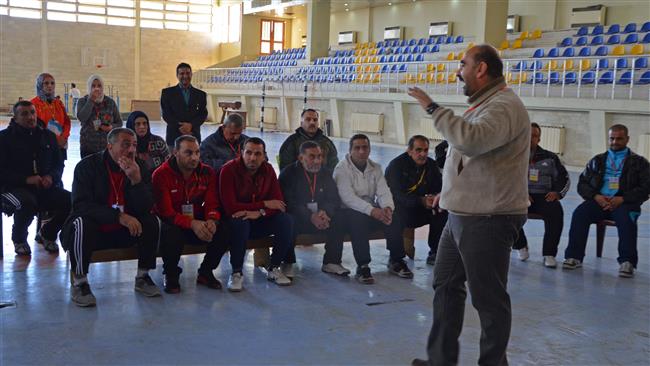
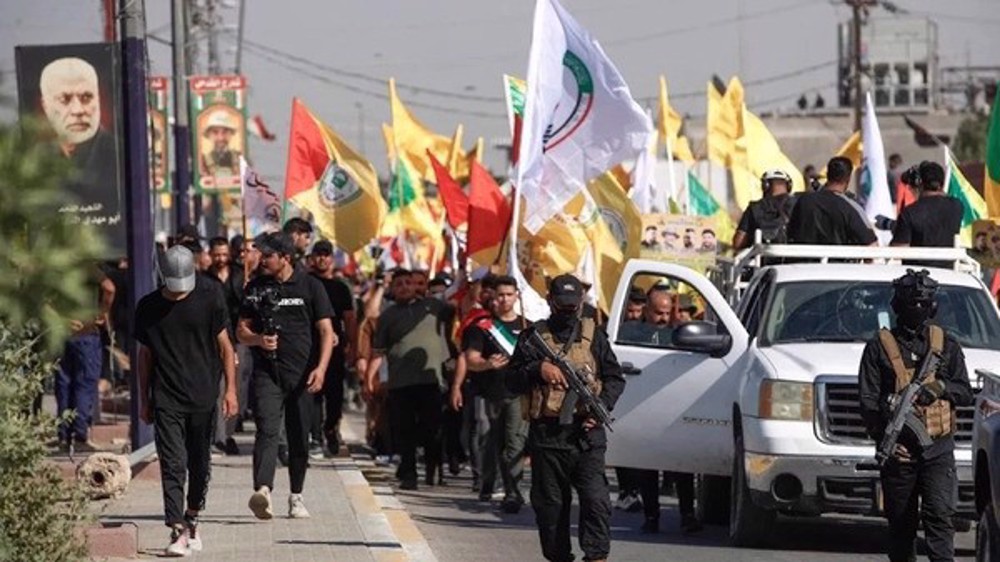
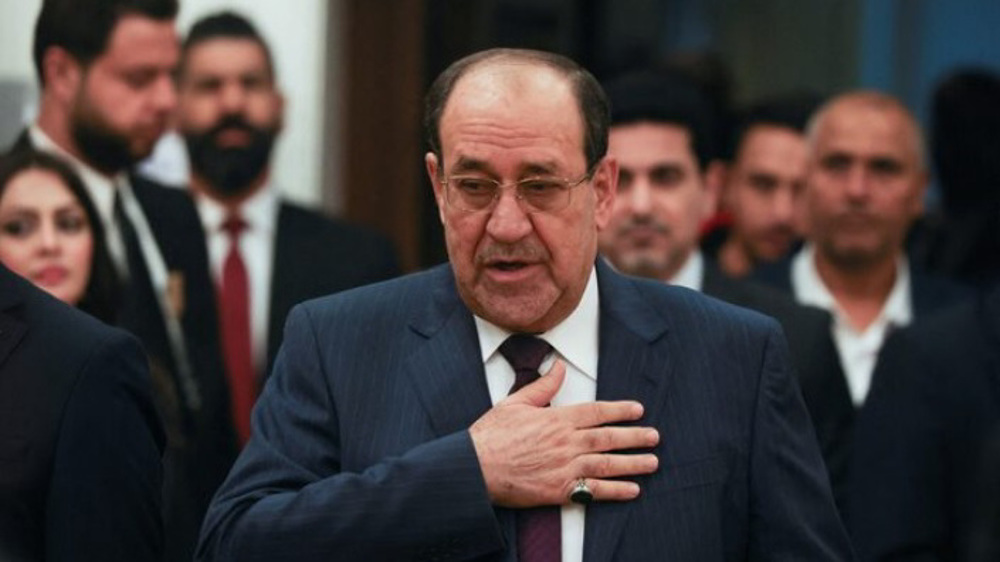
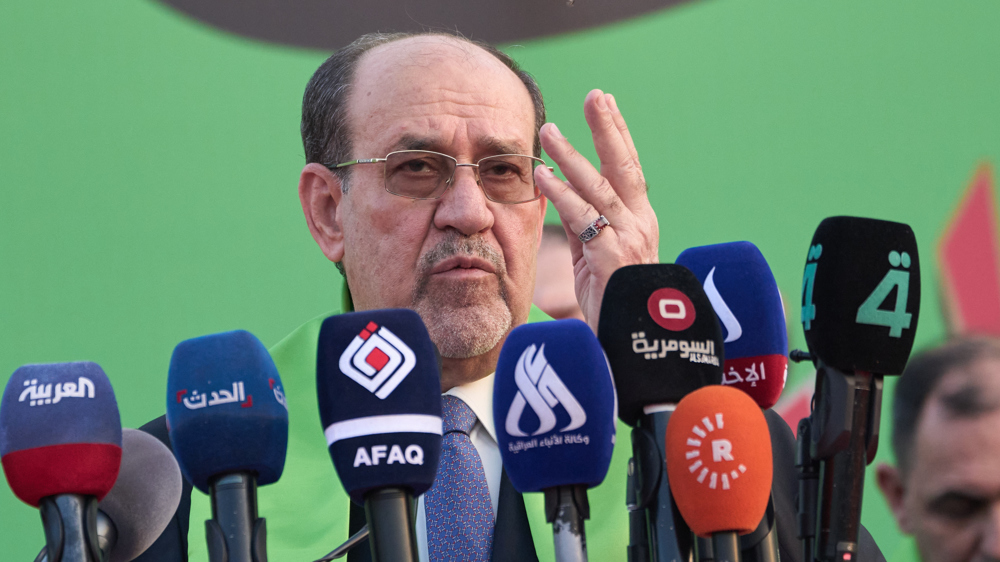



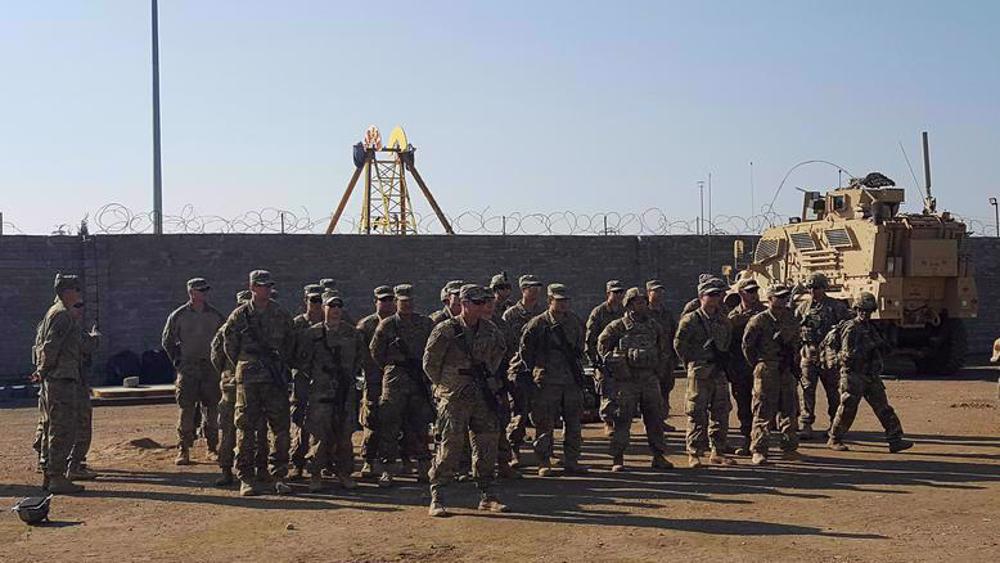
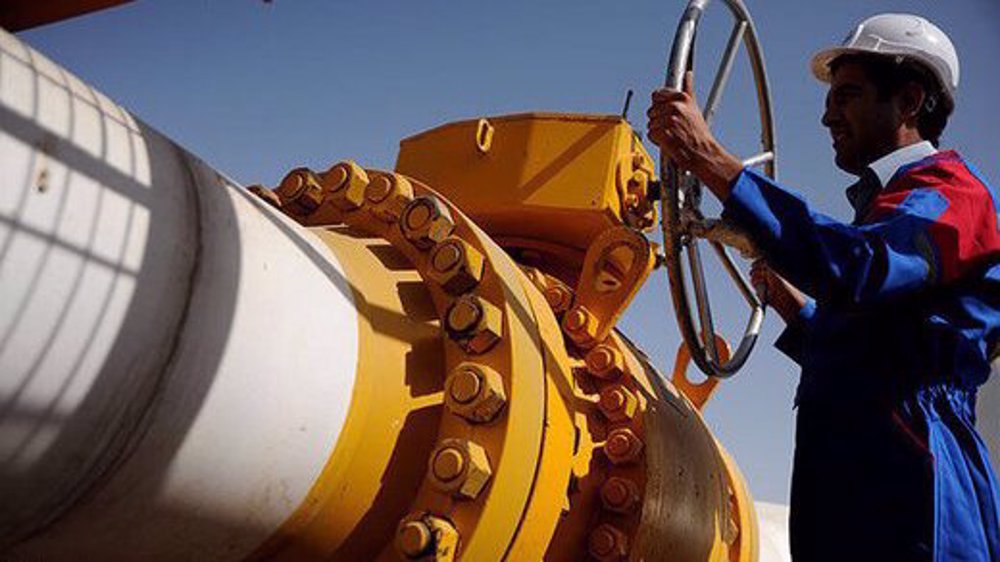
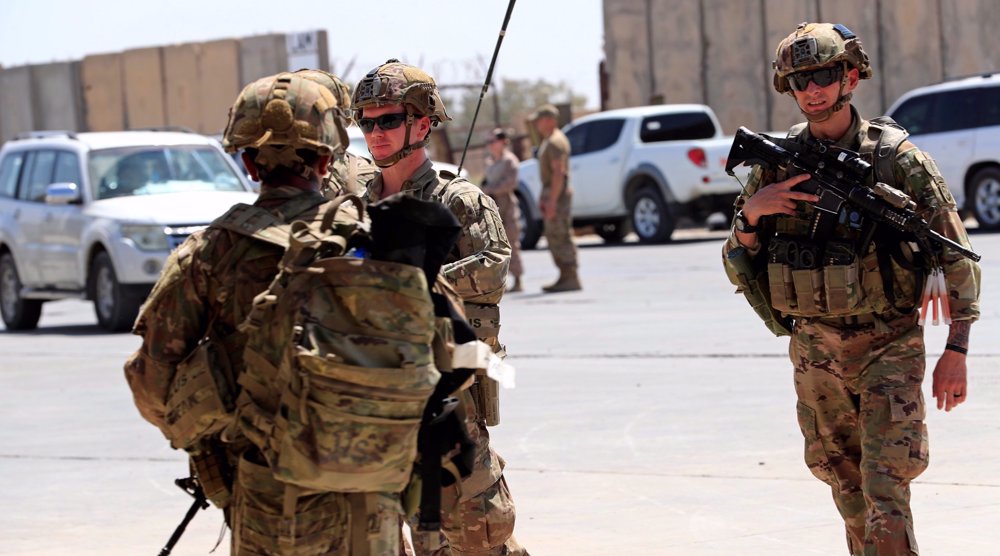
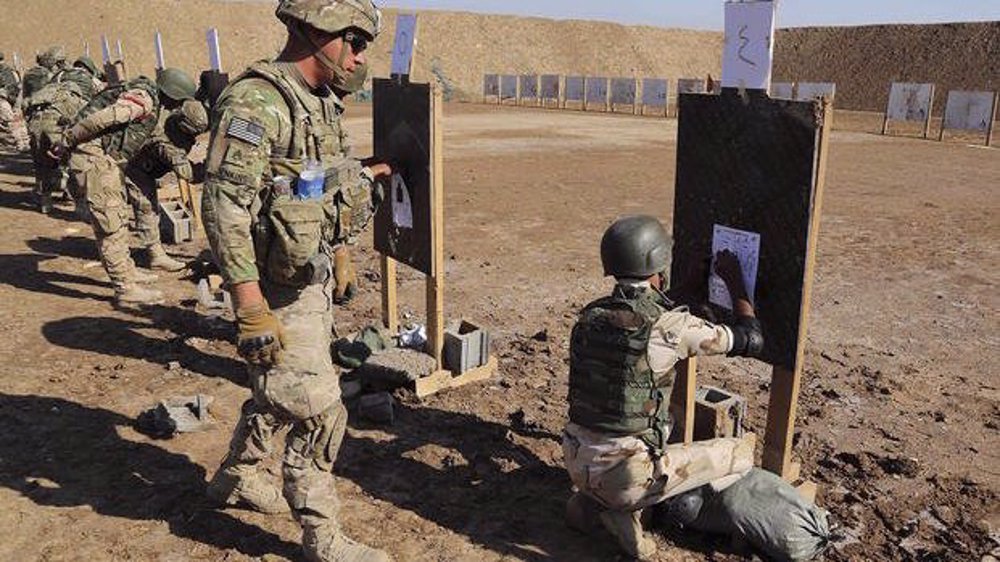
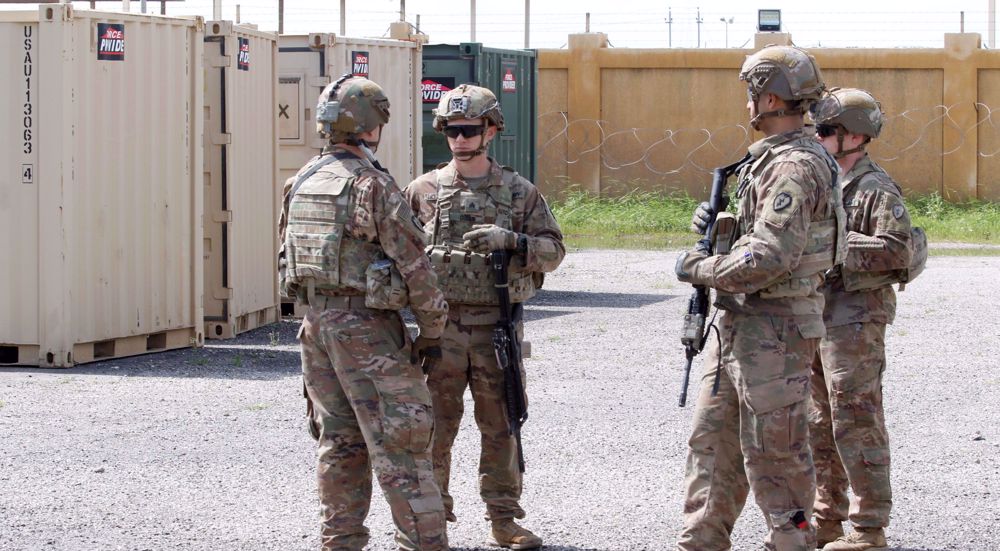
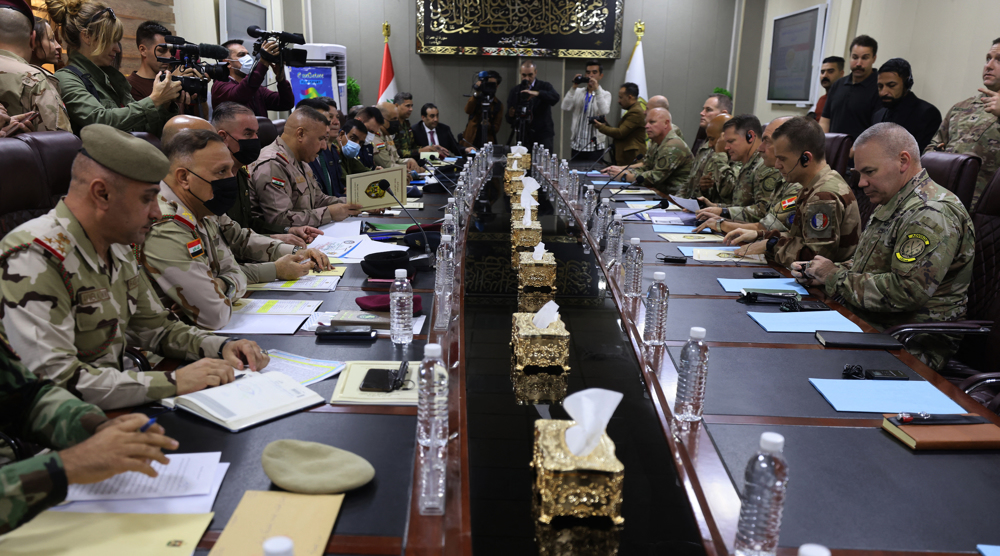
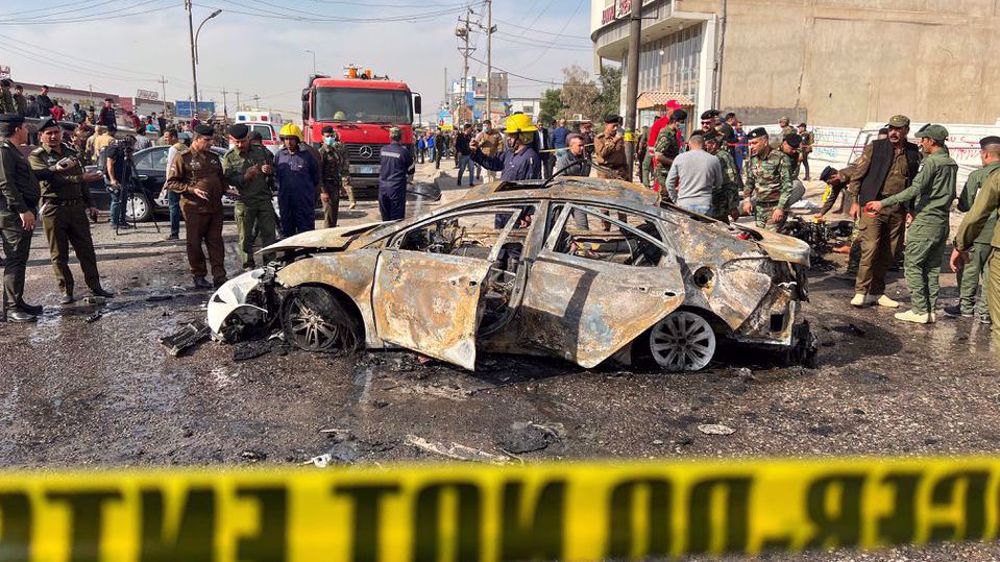
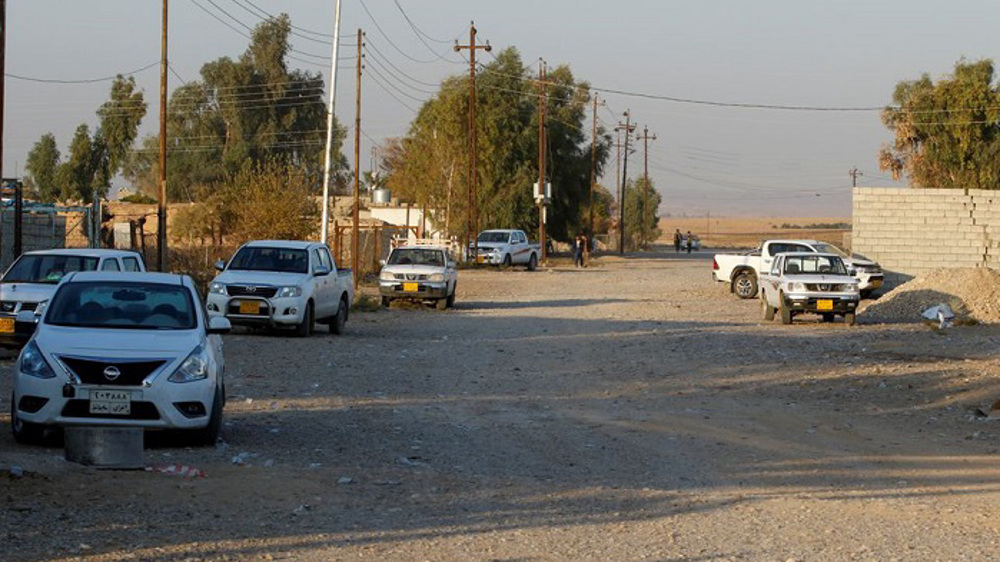
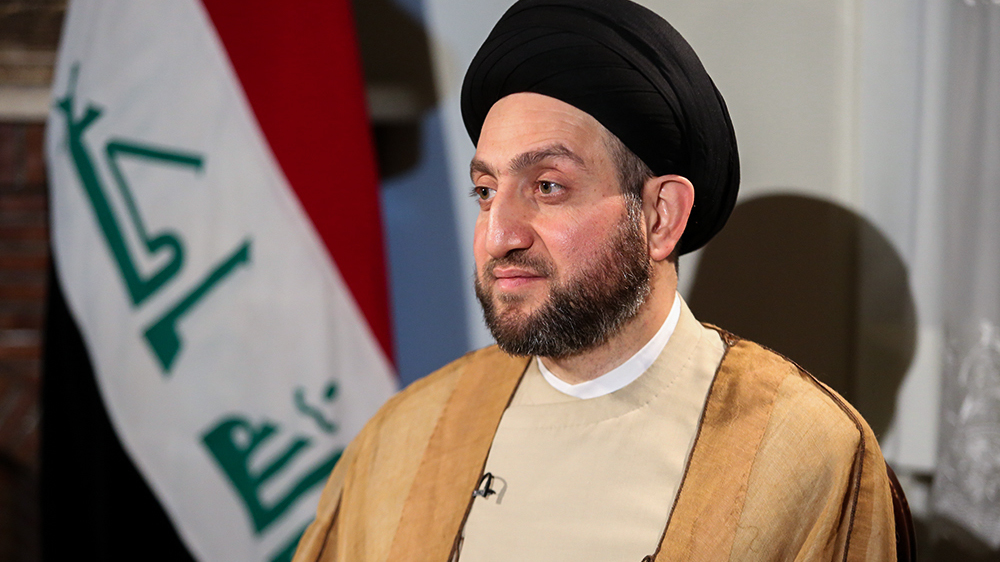
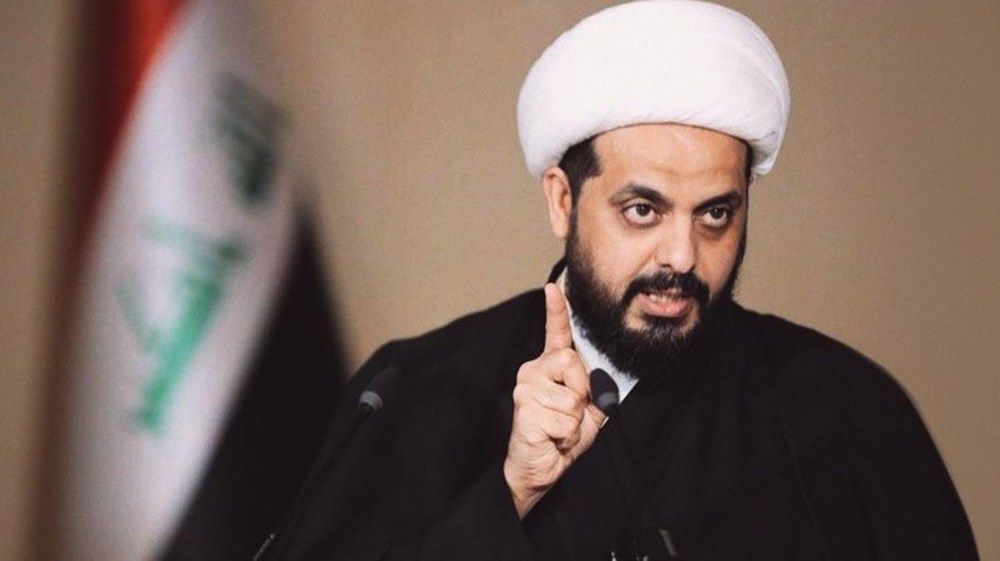

 This makes it easy to access the Press TV website
This makes it easy to access the Press TV website